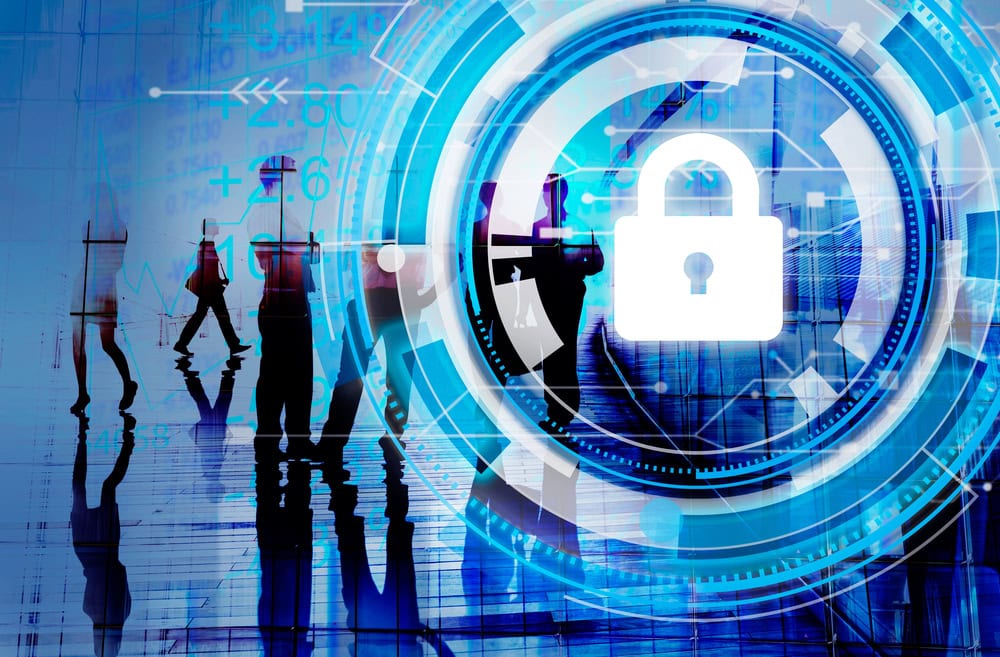Many companies believe they can detect cyberattacks
In Switzerland, 40% of the companies surveyed said they could detect complex cyberattacks.

According to the results of the 19th annual EY Global Information Security Survey, 40% of companies surveyed in Switzerland believe they can detect complex cyberattacks. This belief is based on their investments in predictive information systems (cyber threat intelligence) to predict what to expect in terms of potential attacks, ongoing monitoring, security operations centers, and active defense mechanisms. "Swiss companies are relatively confident that they can predict and withstand a complex cyber attack," said Tom Schmidt, EY Cybersecurity Leader Switzerland. For this reason, some companies may be reluctant to invest in their ability to rebuild quickly, despite the growing threat. In the Cybersecurity Challenges Survey, 1,735 companies participated globally, 49 of them from Switzerland.
Cybersecurity features not up to date
Despite investing in cybersecurity, 84% of Swiss participants (86% of global participants) said their cybersecurity measures do not fully address the needs of the business. Over half (59%) of Swiss companies do not have a formal cyber threat intelligence program. In terms of vulnerability identification, nearly half of respondents (49%) have no or only informal capabilities in this area. 42% do not have a SOC (Security Operations Center) that continuously monitors the threat of cyber attacks.
65% of Swiss participants and 57% of global participants said they had recently experienced cybersecurity incidents in their organizations. Over a third (37%) cited outdated security controls or IT architecture as the biggest vulnerability, compared to 48% globally. Furthermore, the Swiss (the same as the foreign participants) felt that key cyber threats were on the rise (see table below ).

Attackers are constantly coming up with new tricks
Tom Schmidt comments: "Despite great progress in preparing for a cyber attack, companies can hardly keep up with the attackers. Companies must remain vigilant and increase their resilience against attacks. They also need to think beyond mere protection and security: there needs to be an enterprise-wide approach that comprehensively prepares for these inevitable incidents, the keyword here being 'cyber resilience'. In the event of an attack, companies need to be equipped to quickly repair the damage and restore the business. Otherwise, they expose their customers, employees, suppliers and ultimately their own future to unnecessary risks."
According to Swiss respondents, protection against data leaks and data loss (56%), security awareness and training (56%), and identity and access management (55%) were top priorities. In contrast, global respondents (57%) cited business continuity and disaster recovery, the basics of an organization's ability to respond to an attack, as their highest priority . In Switzerland, this was a priority for only one-third (35%) of respondents. Although 43% of Swiss respondents plan to spend more on data leakage and data loss protection this year, only 20% plan to invest more in business continuity and disaster recovery - only half as many as globally.
Weaknesses and hurdles remain
This year, Swiss participants cited the same main cybersecurity issues as in 2015, such as increased risks from careless or insufficiently informed employees (64% compared to 52% last year), and vulnerabilities arising from mobile computing (41% compared to 27% last year). The biggest hurdles in information security are basically the same as in the previous year, with the exception of the shortage of skilled staff, which has increased significantly in Switzerland.
Networked devices pose a challenge
The survey showed that 82% of Swiss companies would not increase cybersecurity spending after an incident that had no impact on their business, despite the tight interconnectedness of today's digital ecosystem. Further, 80% of respondents said they would be unlikely to raise their cybersecurity spending if a competitor were attacked. 82% said they would be unlikely to increase their cybersecurity spending if one of their suppliers were attacked.
In the event of an attack where data has clearly been accessed or compromised, half of Swiss respondents (50%) would not notify affected customers within one week. Overall, 44% of Swiss respondents have no consistent communication strategies or plans in the event of a cyberattack.
Furthermore, the devices that are constantly being added to their digital ecosystem pose challenges for companies. Most of the Swiss companies surveyed are concerned about the lack of user accountability and the use of mobile devices such as laptops, tablets and smartphones. Over a third (38%) cited the loss of such a device as the main risk associated with the increasing use of mobile devices, as it can lead to information and identity theft.
Press release EY Switzerland
Survey information: EY's 19th annual Global Information Security Survey captures responses from 1,735 C-suite executives and IT leaders and managers at the world's largest and most prestigious companies. The survey was conducted from June to August 2016.
Here for a detailed report and further information.









